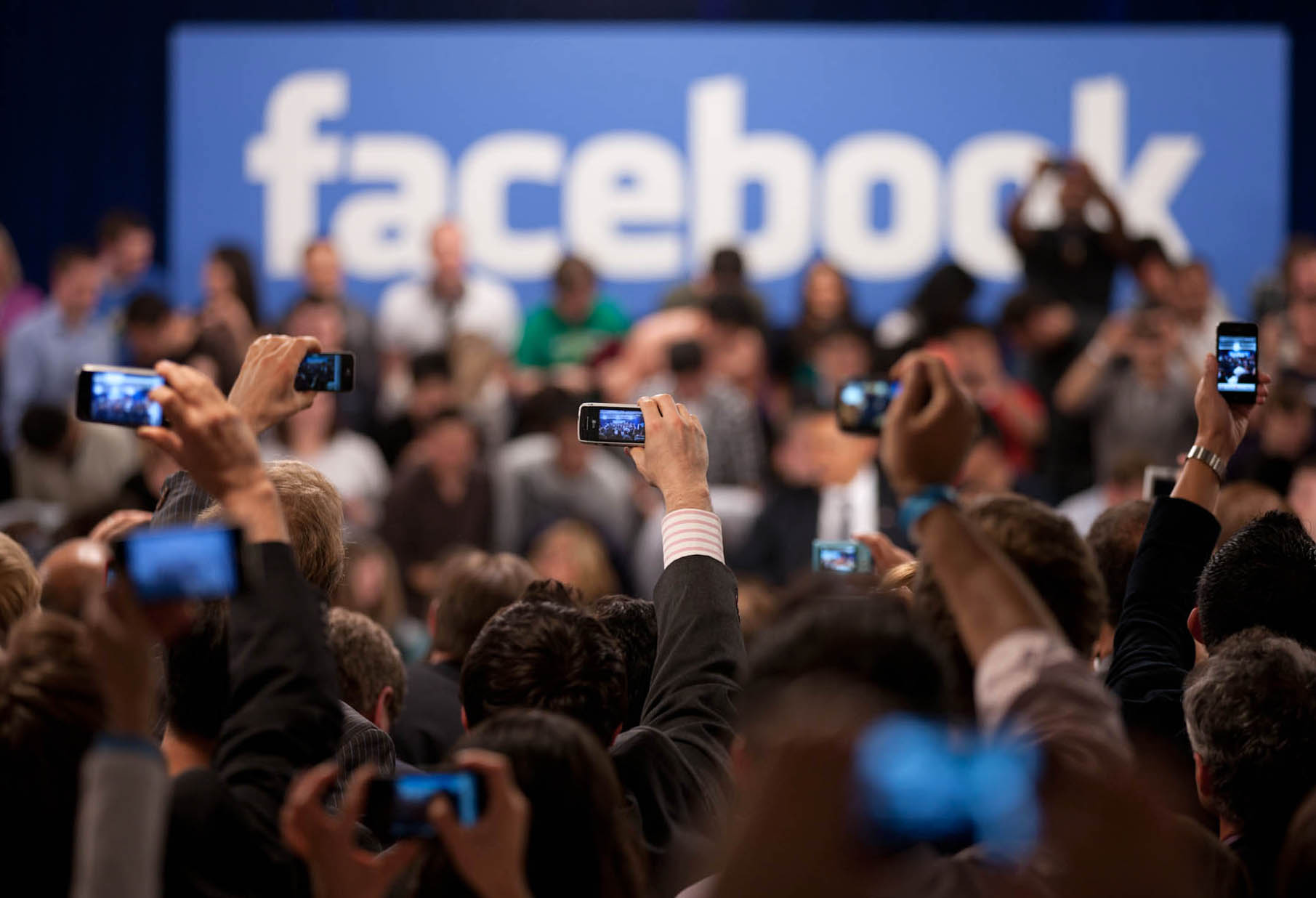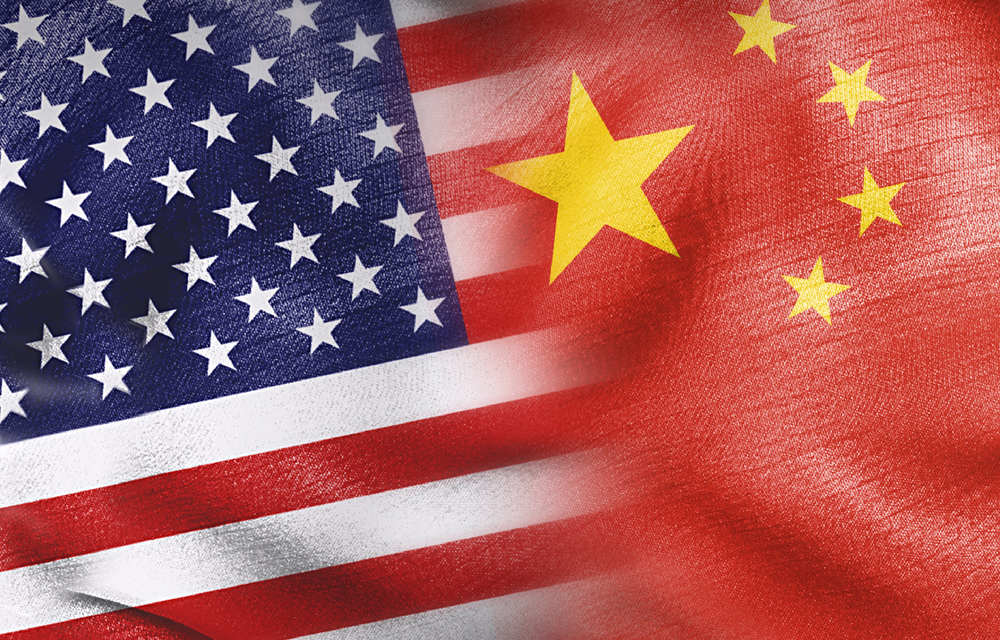Facebook's Policies Pressed From All Sides as Europe Cracks Down
February has been a particularly bad month in a bad two years for Facebook. Following Special Counsel Robert Mueller’s indictment of 13 Russians and three organizations in connection with running a disinformation operation during the 2016 U.S.

Published by The Lawfare Institute
in Cooperation With

February has been a particularly bad month in a bad two years for Facebook. Following Special Counsel Robert Mueller’s indictment of 13 Russians and three organizations in connection with running a disinformation operation during the 2016 U.S. presidential election, there has been a slew of articles indicting Facebook in the court of public opinion for its role in facilitating the operation. The accusations highlight design choices in Facebook’s platform that make it vulnerable to exploitation and manipulation, and these have understandably consumed most of the attention given to Facebook in the U.S. since the indictment. However, a few pieces of news from Europe underline the tensions that make these problems so difficult to solve and are a reminder that platforms must be considered in their global context.
A German court ruled that Facebook’s “real name” policy is unlawful
On Jan. 16, a Berlin Regional Court ruled that Facebook was in violation of German privacy laws, according to a press release from the organization that brought the claim against Facebook, the Federation of German Consumer Organizations (known as the “vzbv”). Facebook has a policy that your account must use the name you use in everyday life. According to the vzbv, the German Regional Court held that “Facebook’s requirement that users must use their real names was a covert way of obtaining their consent to the use of this data” rendering it unlawful. The court also found that a number of Facebook’s other default settings and terms of use were in breach of German laws relating to data use and privacy.
The ruling itself may not have enduring effect. Both sides intend to appeal. Facebook has said it has already made a number of changes to its terms of use since the case was first brought in 2015 and it will continue to make changes in preparation for when the EU-wide General Data Protection Regulation (GDPR) comes into force on May 25 of this year. The GDPR will be the biggest overhaul of data protection laws in decades and aims to harmonize laws across Europe; it might render this case moot by superseding the German law at issue.
Nevertheless, the German court’s decision on Facebook’s real name policy highlights underlying issues and tensions in attempts to regulate global platforms. When facing U.S. lawmakers in congressional committee hearings in 2017, Facebook’s representative stressed that “authenticity is really a cornerstone of what we do.” Facebook argued that ensuring people were their authentic selves on their platform would help combat a lot of the problems caused by malicious actors without requiring Facebook to become the arbiter of truth. As Colin Stretch, Facebook’s vice president and general counsel, said: “The core problem with the accounts we identified was a lack of authenticity. So, it wasn't so much the content, although to be clear, much of that content is offensive and has no place on Facebook. But the real problem with what we saw was its lack of authenticity.”
The company also emphasized the importance of its real name policy when grilled by U.K. lawmakers earlier this month as part of a government committee inquiry into “fake news.” By contrast, in both hearings Twitter came under fire for allowing both anonymous and automated accounts on its platform. The chair of the British hearings, Damian Collins, summarized the disbelief expressed by many of the committee members: “To be clear, for all the bad actors who are listening in, if you set up an account under an anonymous identity, you can disseminate as many lies as you like. That is not in breach of the community guidelines and Twitter will not act against it.” In these hearings Facebook’s real name policy—which has just been ruled unlawful by a German regional court—was seen as an important part of protecting its platform against exploitation.
The U.N. Special Rapporteur on freedom of opinion and expression, David Kaye, has emphasized the “important role [anonymity] plays in safeguarding and advancing privacy, free expression, political accountability, public participation and debate.” As Claire Wardle of the Shorenstein Centre on Media, Politics and Public Policy told the U.K. lawmakers, “Because Twitter do not have a real name policy, it makes us feel very uncomfortable. But at the same time, there are many people who have good reasons for not using their real name. We have to think this through.”
These are difficult issues and full discussion of the costs and benefits of allowing anonymity on social media is beyond the scope of this post. The point here is simply that as more jurisdictions impose more regulations on social media platforms, conflicts are inevitable. If Germany does not allow Facebook to maintain its real-name policy, or it is found to conflict with the GDPR once it comes into force, it will have global ramifications. If the real name policy is illegal anywhere, it undermines its efficacy everywhere as malicious actors will presumably find ways to exploit those jurisdictions to set up inauthentic accounts.
The European Commission takes aim at Facebook’s censorship practices
Meanwhile, on Feb. 15, Vera Jourová, the European commissioner for justice, consumers and gender equality, reprimanded Facebook and other social media companies for being too slow in amending their practices to meet E.U. consumer rules. One of the changes that the commission is demanding from Facebook is to “clarify the grounds that can lead to the removal of user generated content” and “acknowledge its obligation for a prior notification of the user.”
However, compliance with this might be in practical tension with a new German law that came into force on Jan. 1. The NetzDG, as it is known, requires platforms to remove certain content within 24 hours. This tight timeframe is not conducive to detailed consideration of the reasons for removing flagged material or the provision of prior notification to the user. However, failure to comply exposes a platform to potential fines of up to 50 million euros.
What’s a platform to do?
These incidents are just a selection from the growing catalogue of regulations and threats that make up the “techlash” against social media companies. But they highlight the greater emerging dynamics. While the U.S. is focused on its domestic problems, Europe is taking the lead in trialling different ways of regulating these global platforms. Because of the size and need for interoperability of these markets, the effects of these measures will not be confined by geographical borders. In these early stages the only thing that seems certain is that conflicts are inevitable. Social media companies will find it increasingly difficult to simultaneously satisfy governments in all the jurisdictions in which they operate.e





